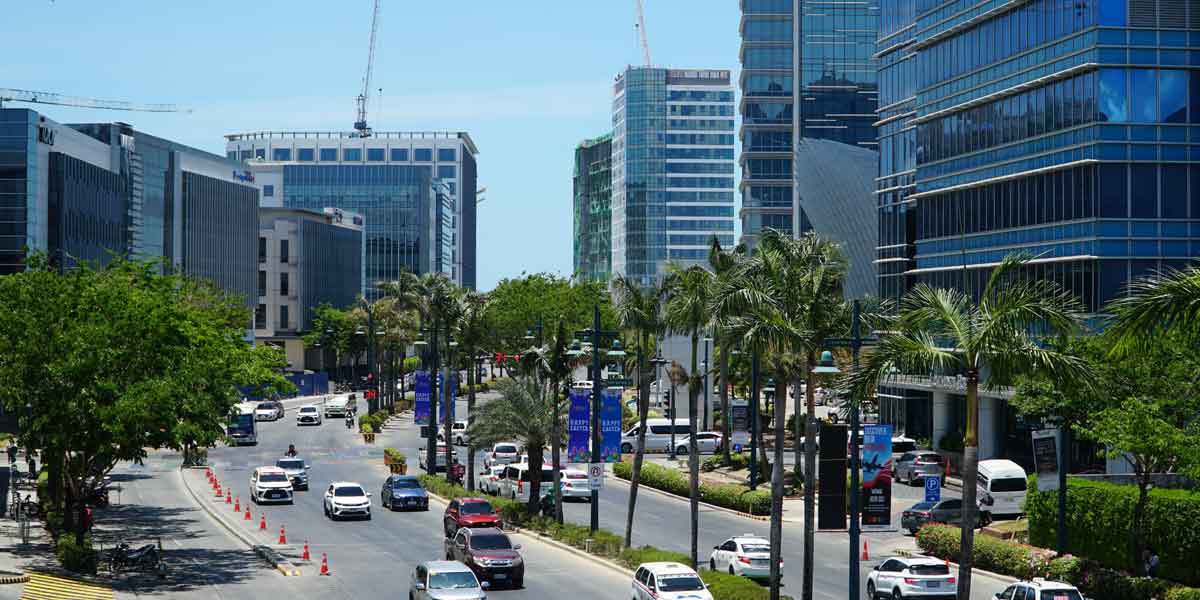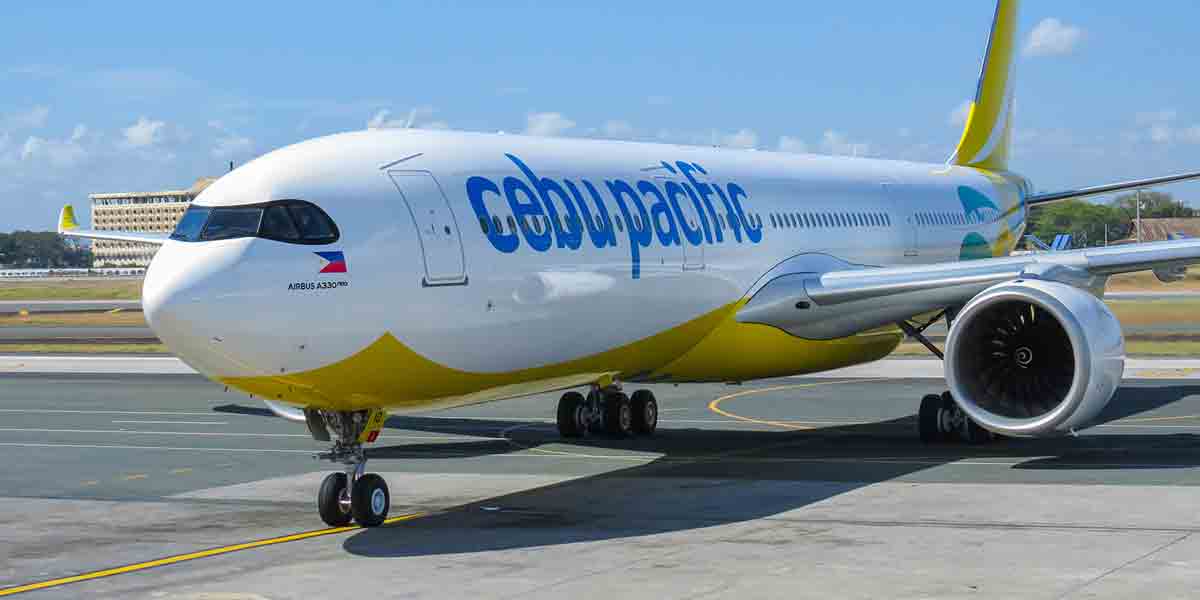
By Joseph B.A. Marzan
Under a new Executive Order issued by Iloilo Governor Arthur Defensor Jr. on July 23, 2020, the province will only allow up to 550 passengers to enter each week, and it is limited to Returning Overseas Filipinos (ROF) and Locally-Stranded Individuals (LSI) only to prevent risks of contracting the coronavirus disease 2019 (COVID-19).
EO No. 128-H amends the province’s Modified General Community Quarantine (MGCQ) order, which has been in place since June 1.
The new EO allows ROFs and LSIs to return to the province subject to the following requirements:
– Testing via Reverse Transcription-Polymerase Chain Reaction (RT-PCR) before departure;
– Mandatory 14-day quarantine in a local government unit-designated facility, or a tourism accommodation establishment at their own expense;
– Medical certificate issued by the LGU of their origin; and
– Travel authority issued by the police chief or the provincial governor (valid only for a single one-way trip).
Their return to the province must be coordinated by their LGU of origin with the provincial government or the LGU of their residence.
Airline operators may carry only up to 300 passengers per week, with a maximum of 100 passengers per flight.
They will also be required to provide the province or the Civil Aviation Authority of the Philippines (CAAP) with a copy of the flight manifest 24 hours before every flight.
Meanwhile, only 250 passengers will be allowed to enter the province via sea transport each week, with one vessel from Luzon carrying a maximum of 200 passengers and one vessel from Mindanao carrying 50 passengers.
Sea transport companies will also be required to provide the province and the Philippine Ports Authority (PPA) a copy of the passenger manifest at least 24 hours before every voyage.
In both instances, ROFs and LSIs will be asked to show their medical certificates and travel authority before boarding passes can be issued to them.
The governor on Tuesday said he considered implementing weekly quotas for returning LSIs after meeting with the CAAP, the PPA, and both air and sea transport companies.
















